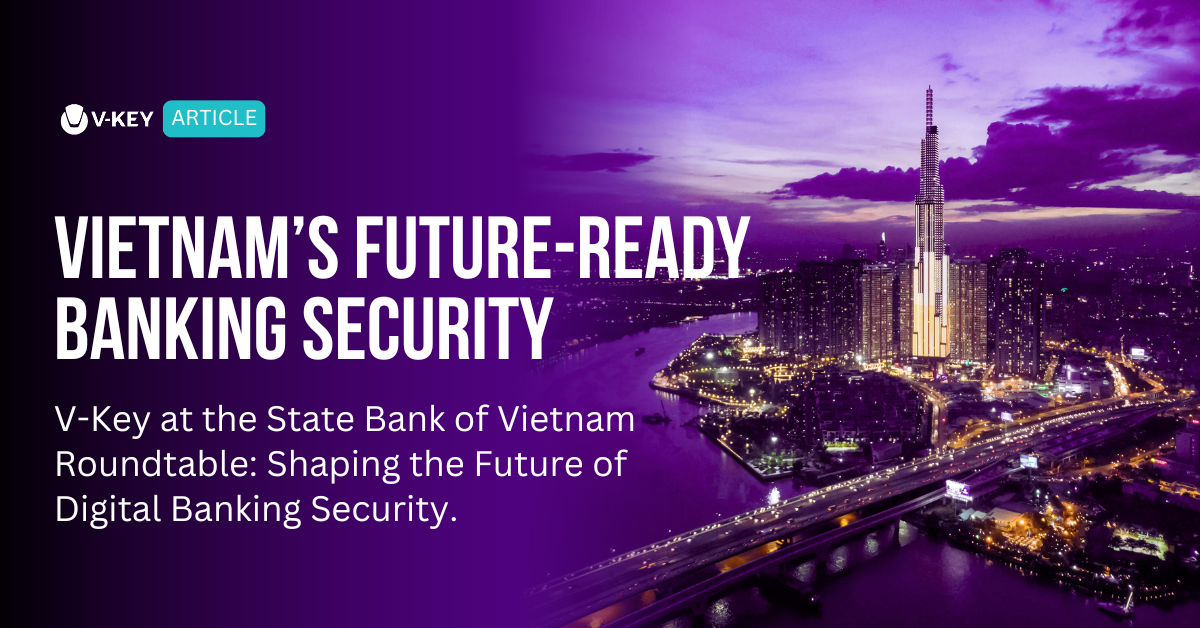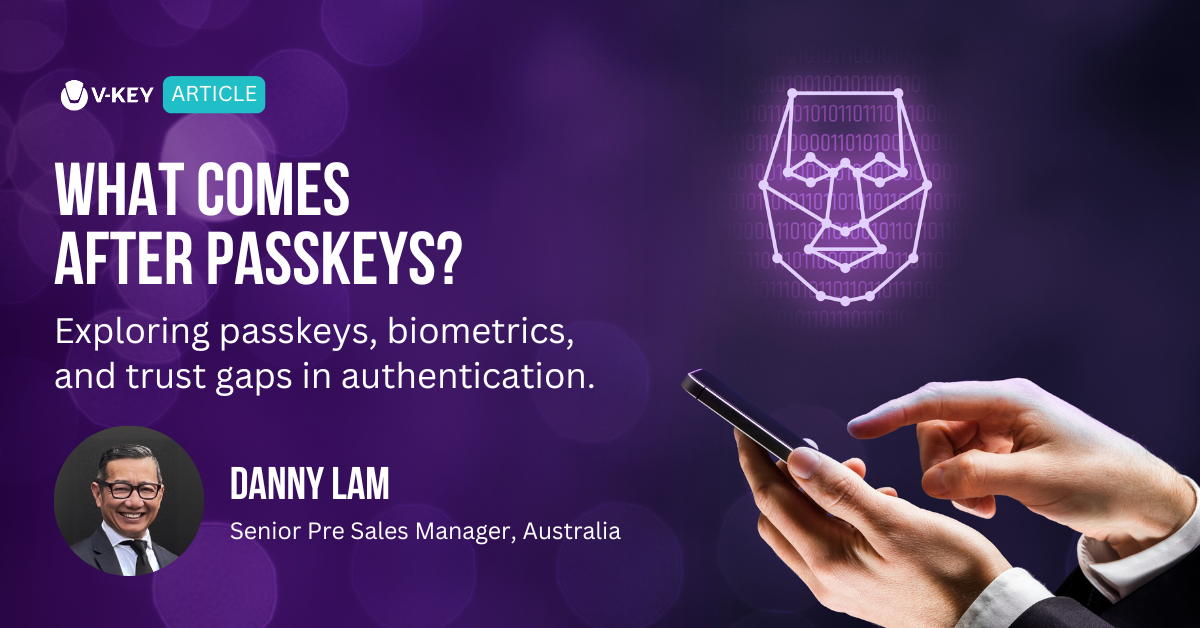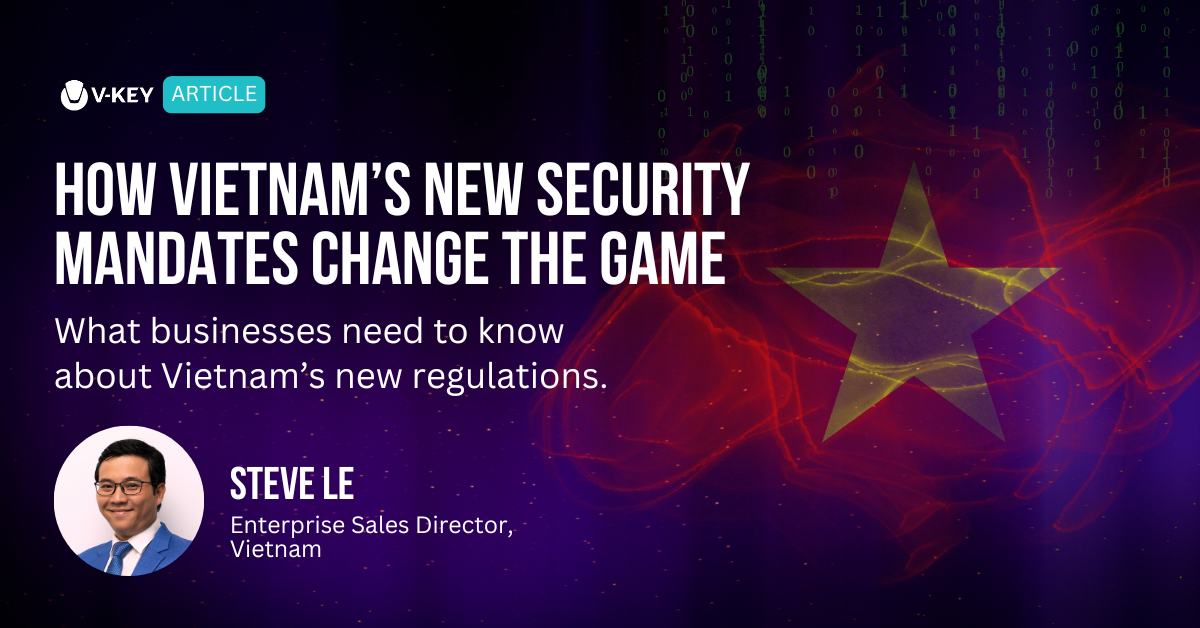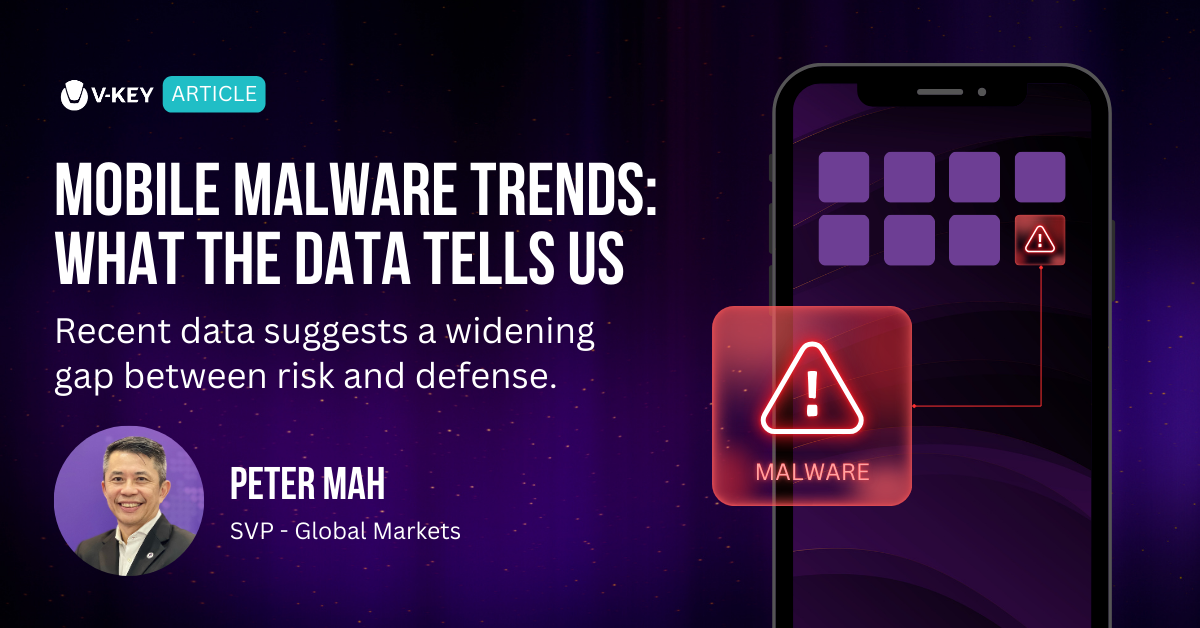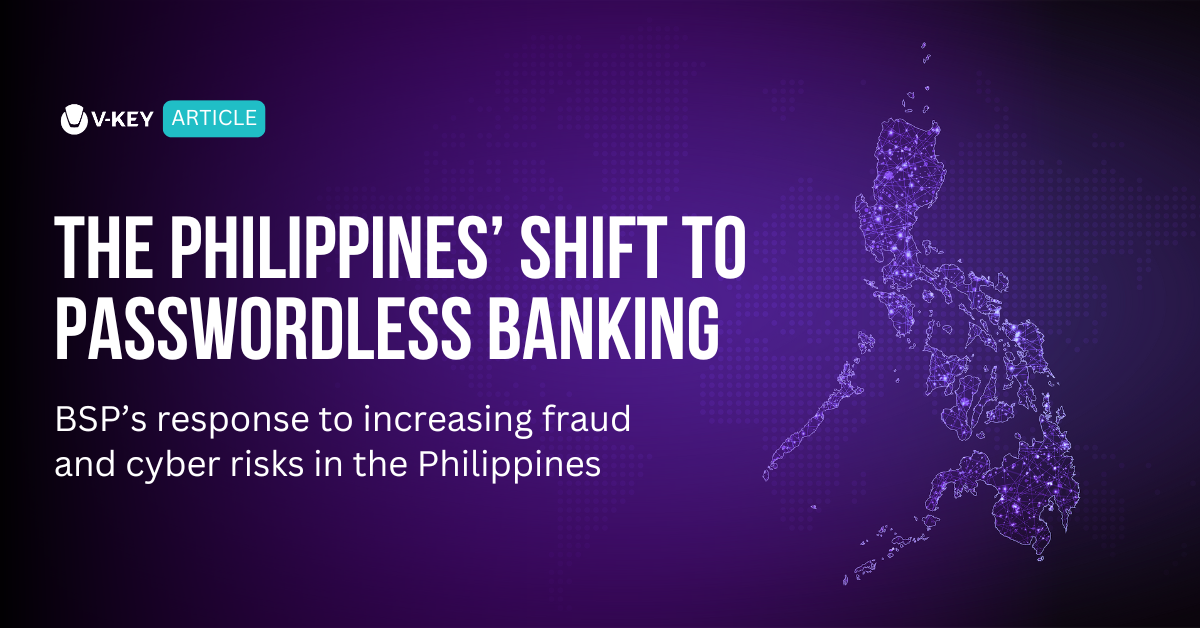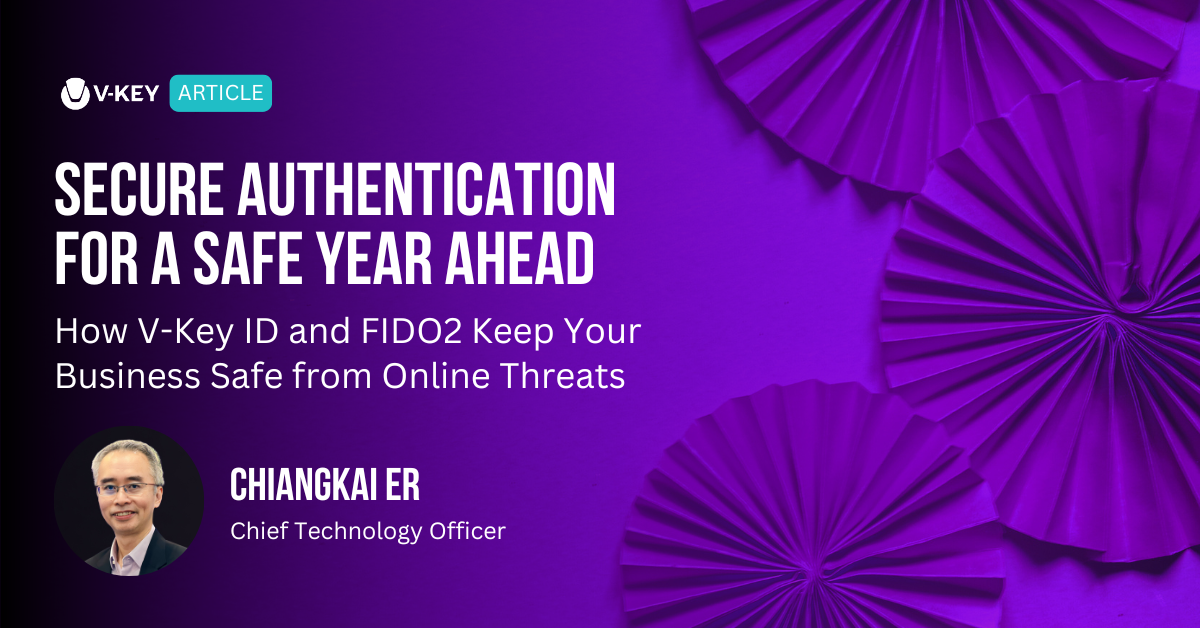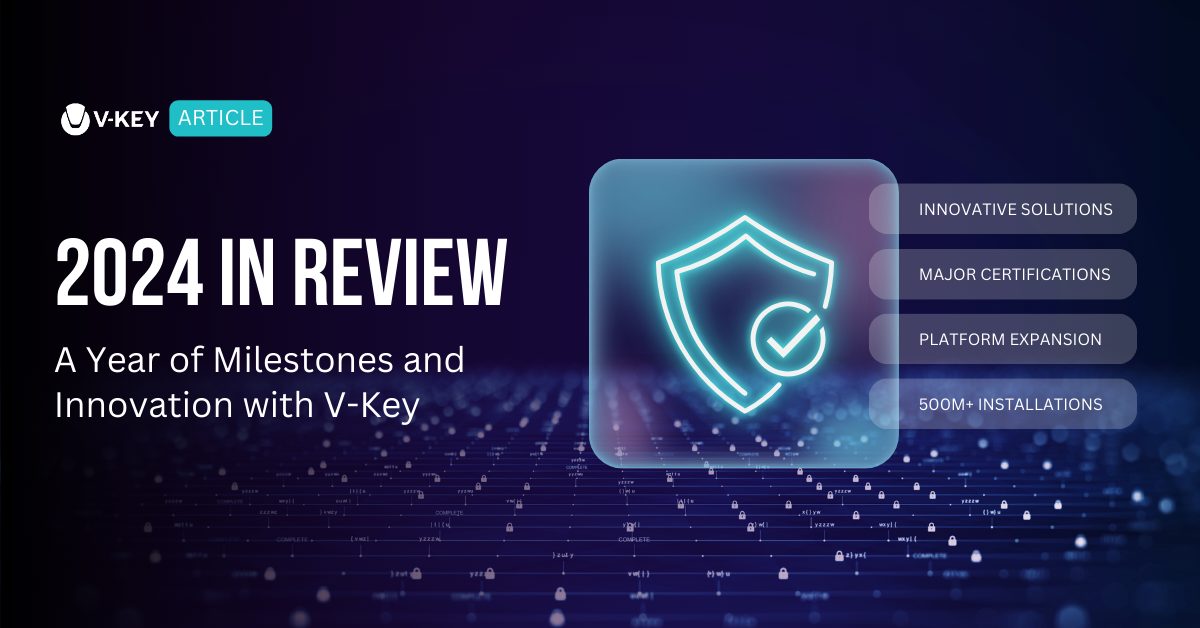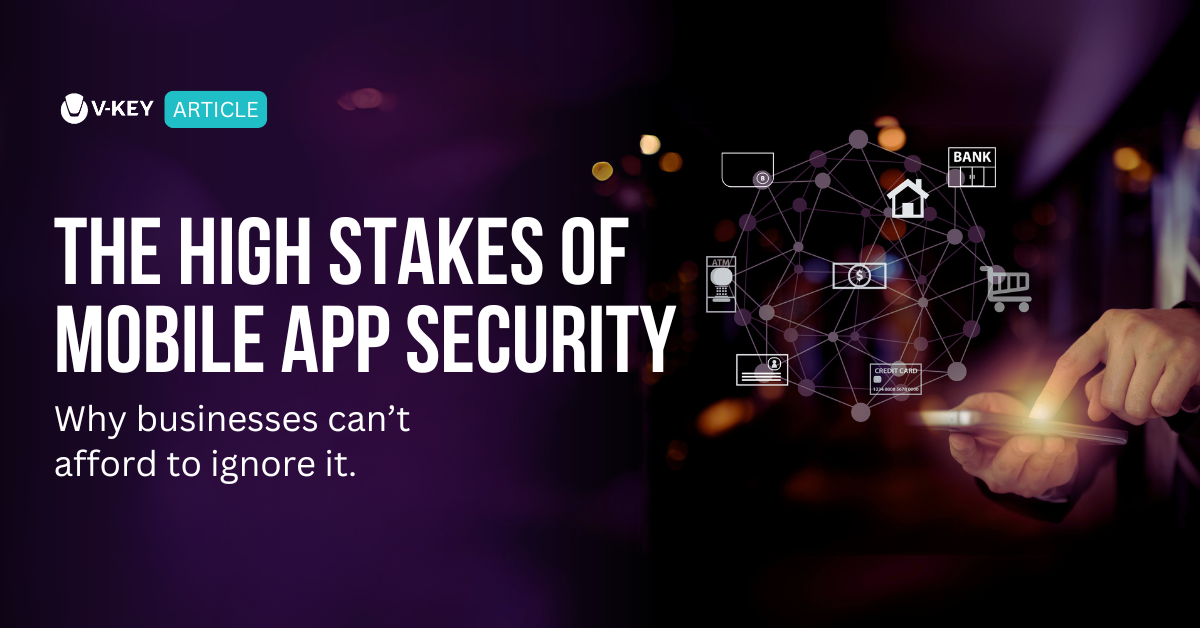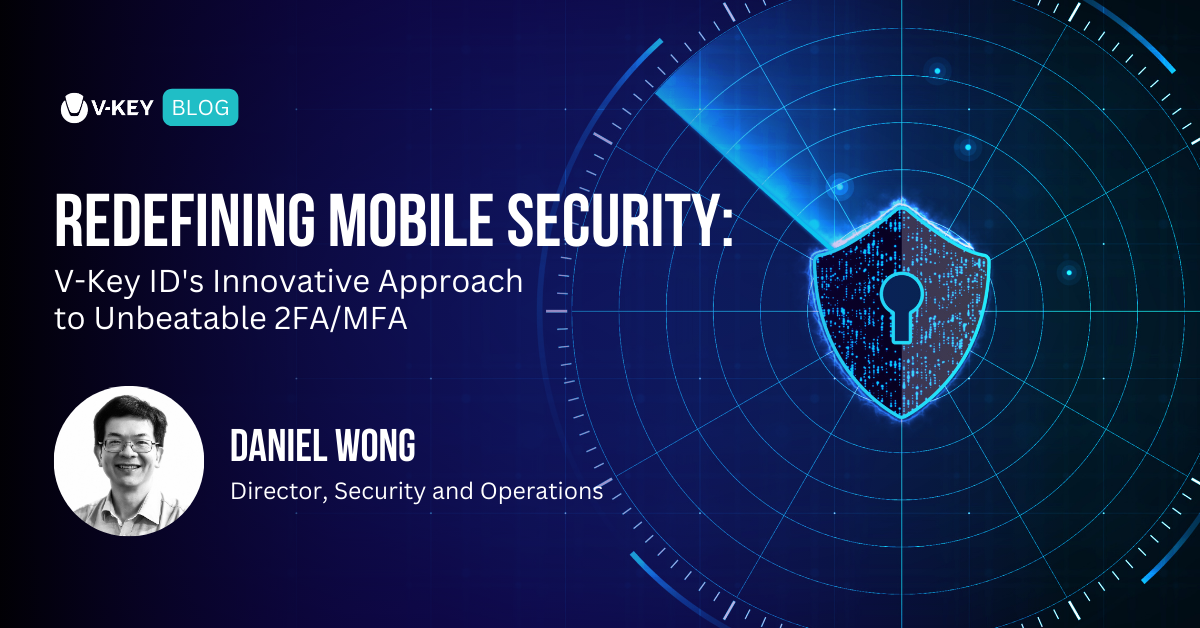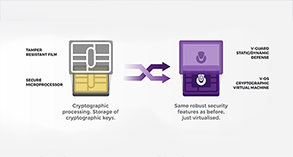Banks in Southeast Asia should look towards software-based biometrics as the way forward to navigate the regulatory differences in the region and secure their customers’ transactions.
The ASEAN region is made up of 10 countries, with clear differences in their geography, language, culture and economic success. It is also an area with differing banking regulations.
The Monetary Authority of Singapore (MAS) adopts a regulatory approach that supports technology in banking, even creating a \”sandbox\”environment to test and trial innovations. Singapore’s neighbours in the region, although making steady strides in fintech innovation, still have some way to go, which means the regulatory frameworks are a few steps behind as well. For example, Malaysia’s central bank has recently called for a similar regulatory sandbox framework while Thailand has called for more regulation in fintech to minimise risk and protect consumers’ identities.
This heterogeneity in ASEAN’s regulatory landscape can make it very difficult for banks to do business in the region.
The creation of the ASEAN Banking Integration Framework in 2014 was a step in the right direction. The framework allows certain qualified banks that have adequate capital, resilience, good management and which adhere to prudential banking requirements to have wider access and more freedom to expand across countries in the ASEAN region. While this is a positive sign for banks, the integration will only take place in 2020, moving at a slower pace than other areas of integration in the region, such as trade integration in the form of reduction of tariff rates.
Which means the existing complexity and differences in regulations will still be a challenge for banks. Neal Cross, Chief Innovation Officer, DBS Bank, said at the Singapore Fintech Festival: “The biggest problem in ASEAN is the difference in regulations. To successfully establish our presence in another country, we always have to comply with two regulators – MAS and the regulator of the other country involved – and that’s tough. If ASEAN really wants to be the global fintech hub and a serious force in finance, this needs to be fixed.”
Providing convenient and secure software-based biometrics
One way that fintech can contribute to helping address this issue of differing regulations is through the use of biometrics. Biometrics as a means of authentication provides a robust layer of security as it’s based on a unique identity in users’ physiology and behaviour – for example, fingerprints, iris scans, or facial recognition – something inherent to them, instead of something they know or own such as a password or a hardware token. This would ensure that users don’t depend on memorising passwords or carrying hardware tokens, the usage of which may be regulated differently across geographical borders.
However, fingerprints or iris scans are only supported on limited mobile devices due to the specialised hardware required to securely store and match the biometrics. To address this, banks can also use additional software-based biometrics such as facial recognition or eyeprints in order to achieve broader compatibility. Companies such as V-Key have been rolling out secure fintech solutions for banks and can help with regulatory acceptance by securing such software-based biometrics on end-user mobile devices using a virtual secure element.
In addition to the added security, biometrics allows banks to do away with the costs of deployment and scaling, making it easier to expand operations into newer, untapped markets cost-effectively. And with many banking customers already conducting transactions via their laptop and mobile devices, a transition to biometrics would be easy, as such gadgets already have built-in cameras for software-based biometrics.
From the end users’ perspective, biometrics also negates the inconvenience of handling multiple hardware tokens, allowing more people to access financial services, including the unbanked population. It provides a more reliable, convenient and secure form of authentication compared to personal identification numbers (PINs) or passwords, whether used digitally or at a physical bank branch. The fact that biometrics cannot be easily forged also protects customer information from being compromised by fraud.
This idea was echoed by Janet Young, MD & Head, Group Channels & Digitalisation, UOB, at the Fintech Festival when she explained, ”Biometrics is the way forward as, once captured securely, it will make it easier to do business with virtually anyone in the region, as well as bring financial inclusion to the population – and that’s what the regulators should work towards.”
”How many dongles and tokens do we have to carry now? And we don’t just bank with one bank, we bank with two or three,” she said. ”If we look at the fact that, ultimately, biometrics will be used, then the cost of doing business would really go down. This should be the way forward, and how we should be persuading our regulators that it’s a worthy investment.”
V-Key has already taken steps in this direction and offers customers the latest software-based biometric verification methods including fingerprint, voice and facial recognition, achieving a balance between safety of customer data and convenient user experience. In addition, this solution is integrated to V-Key’s own security platform to allow for threat analysis and compliance reporting.
Using biometrics-enabled identity cards
Some banks are already practising this in the region. Singapore’s largest bank, DBS Bank, launched digibank in India in April 2016, after working closely with the Reserve Bank of India (RBI). To open an account, a customer just needs to go to any of one of more than 500 cafes across India that are listed as partners of the bank. They present their Aadhaar, the national biometrics-enabled ID card, followed by verification through a fingerprint reader at the cafe. To develop and launch digibank, DBS worked with seven fintech partners providing various solutions, including V-Key’s own soft token solution.
In the first four months of operation in India, digibank attracted more than 250,000 new clients. The bank aims to replicate this success in other countries such as Indonesia, where DBS launched their digital bank at the end of 2016. Just like in India, customers will use their biometric national ID card to open an account. This service offering is in addition to the bank’s physical presence in the country – it has branches in 13 cities in Indonesia.
Crossing over borders easily
Using software-based biometrics is the best way forward for ASEAN banks to navigate the complexity in the region’s regulatory landscape and to open up to markets across the borders. It is also a less expensive way for banks to operate and a more secure form of verification for customers, and should be the way forward for banking in the ASEAN region.
